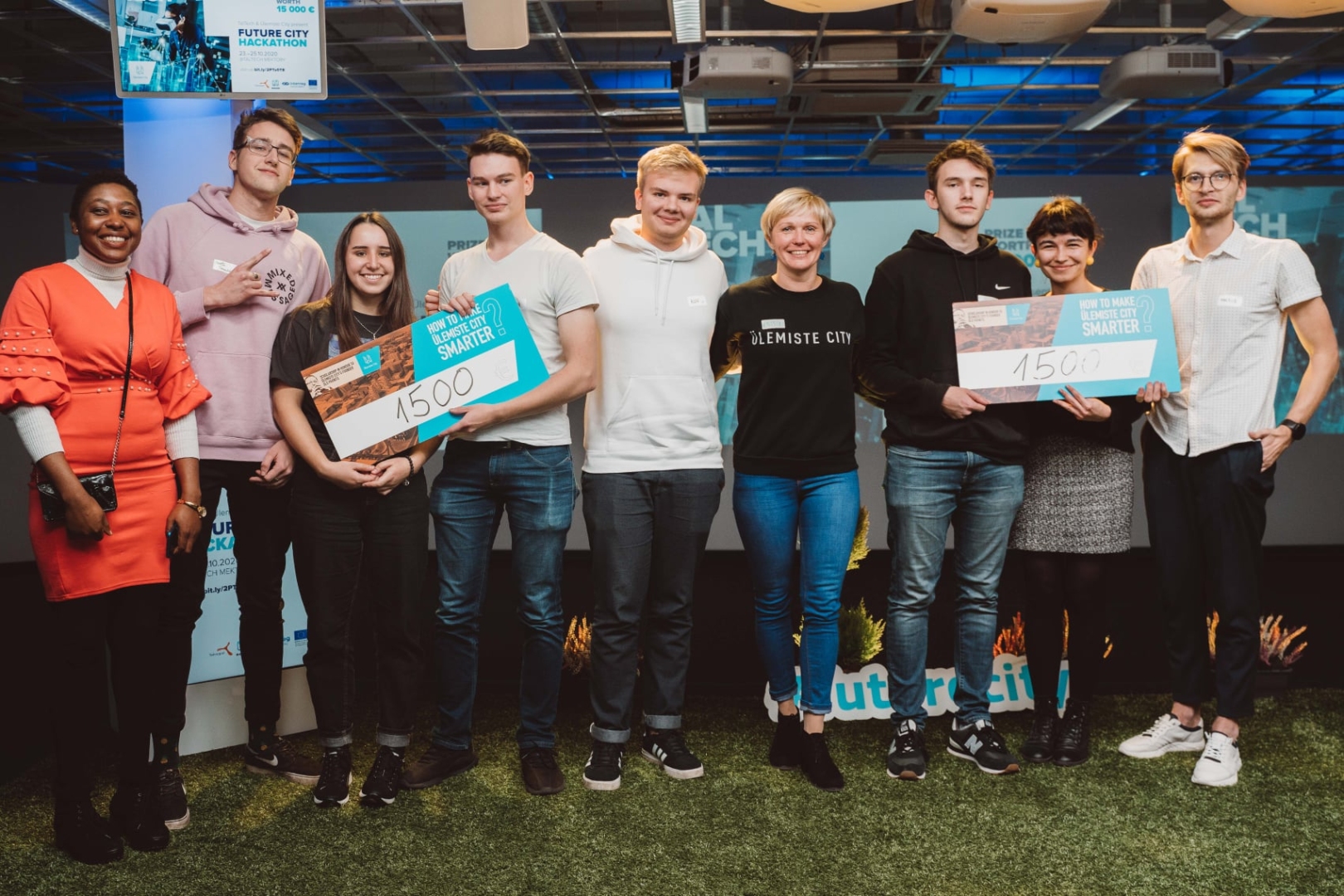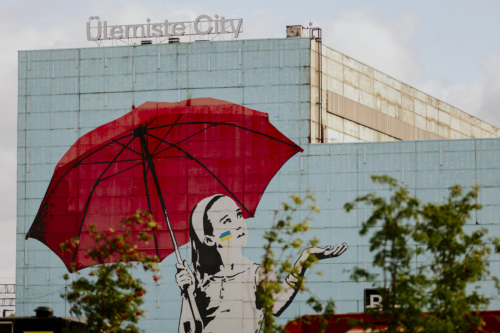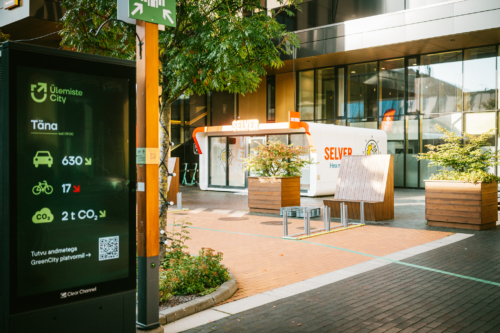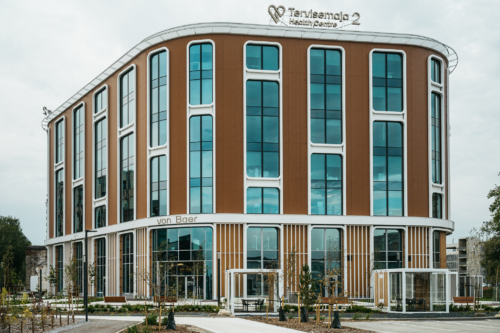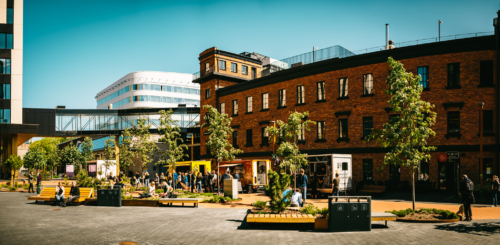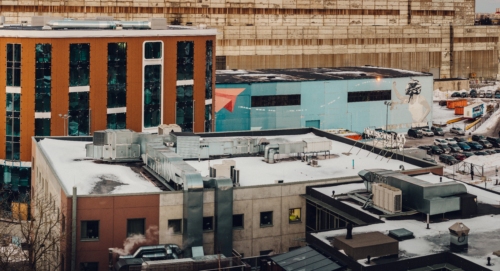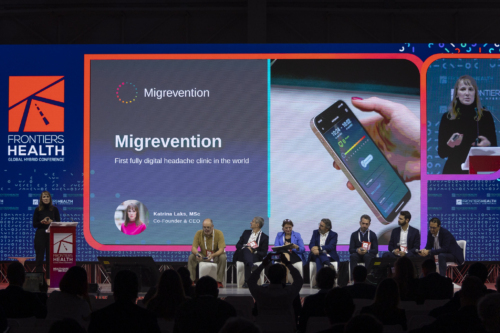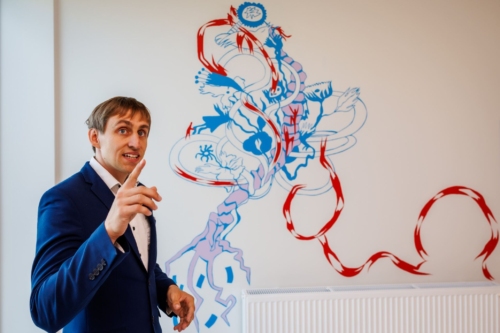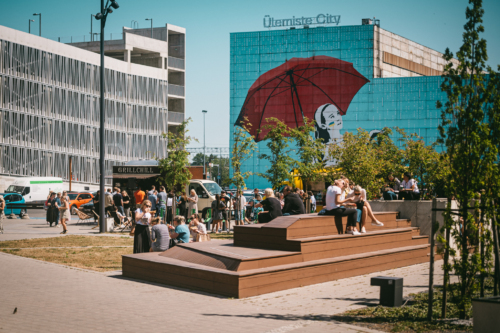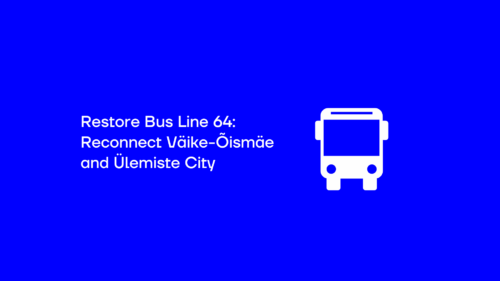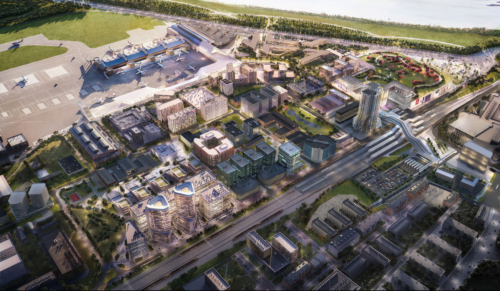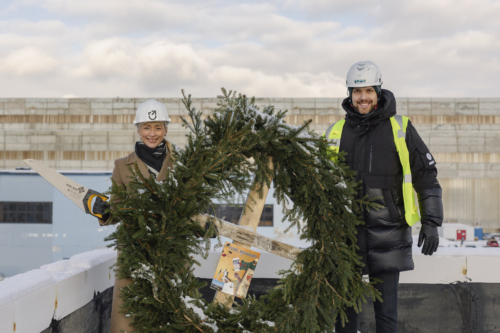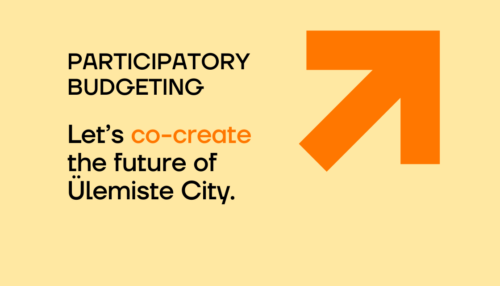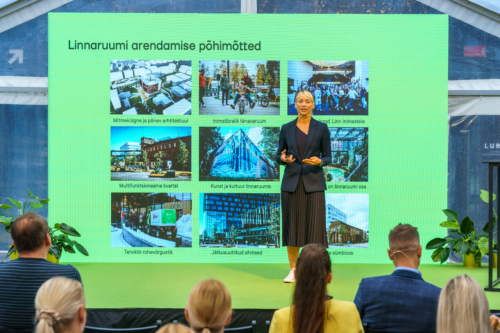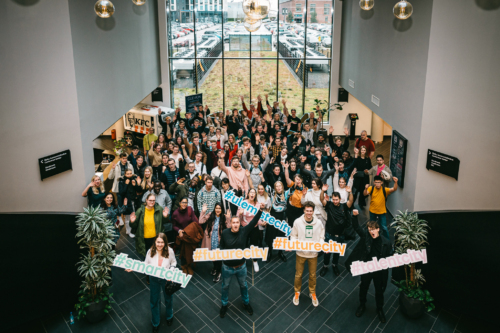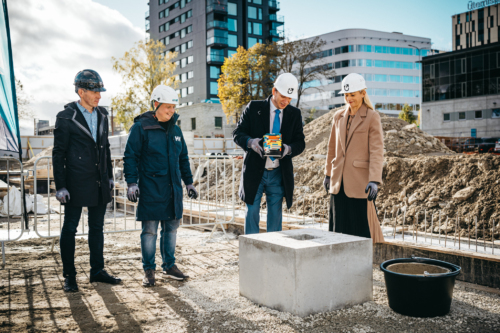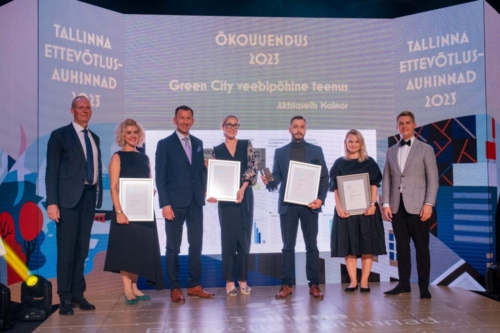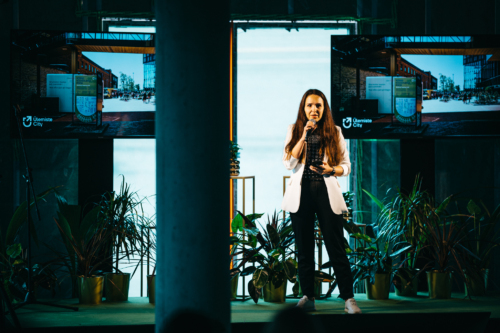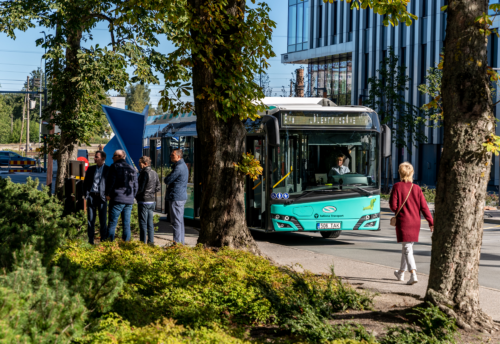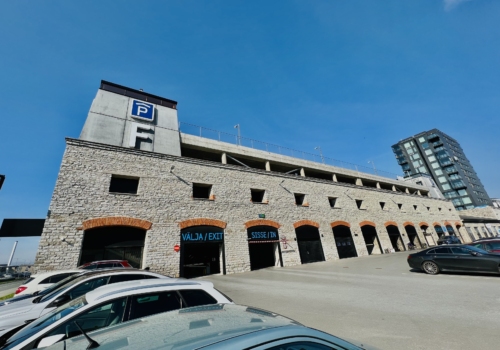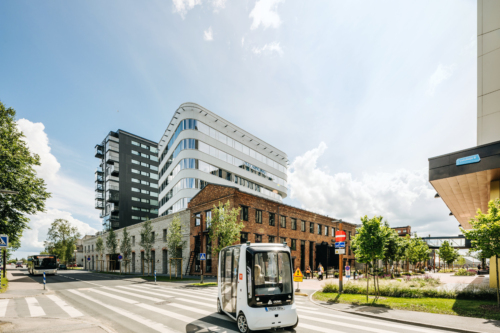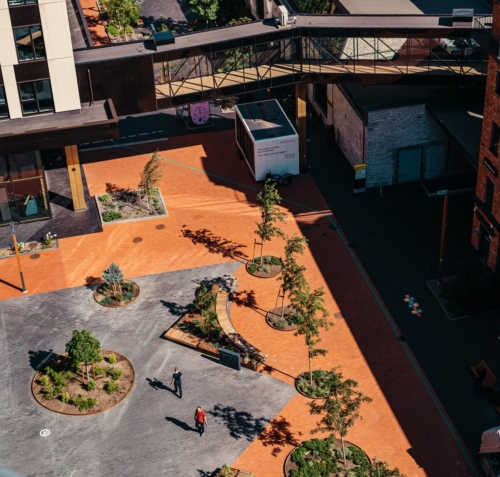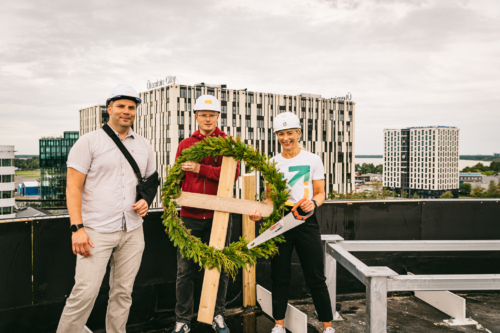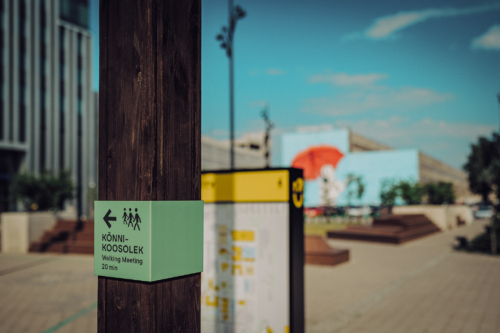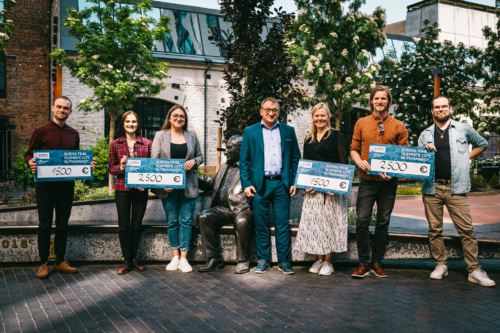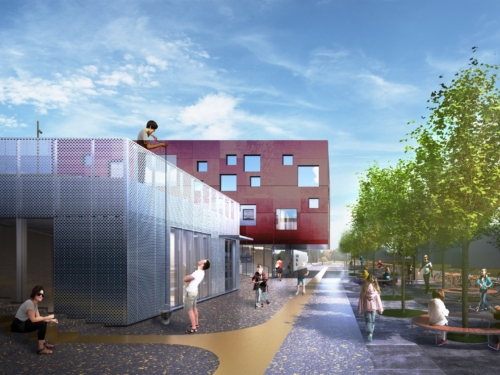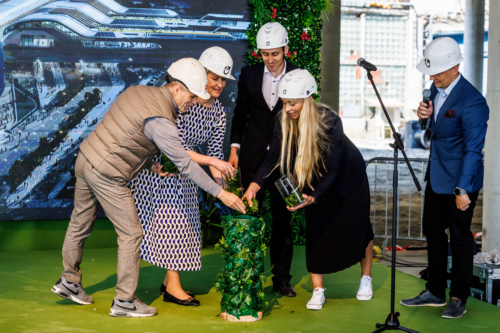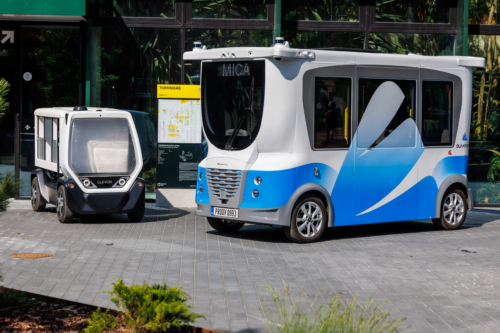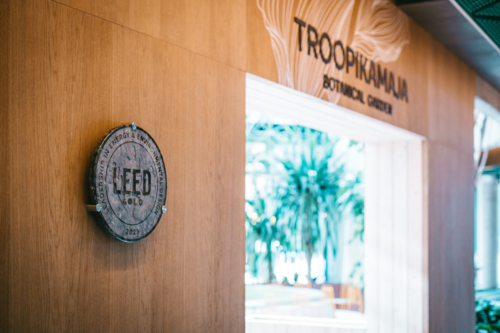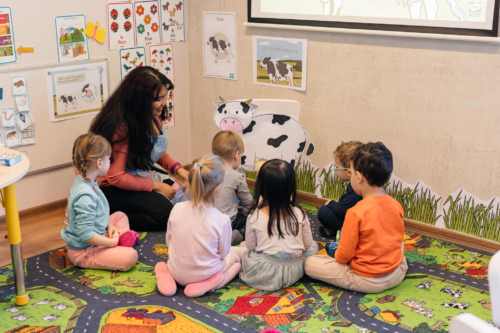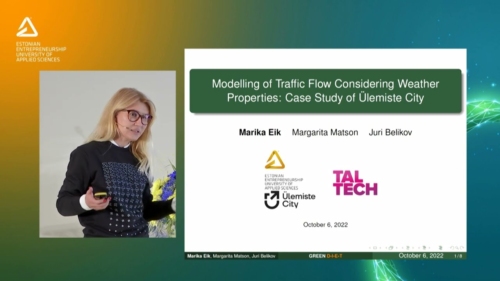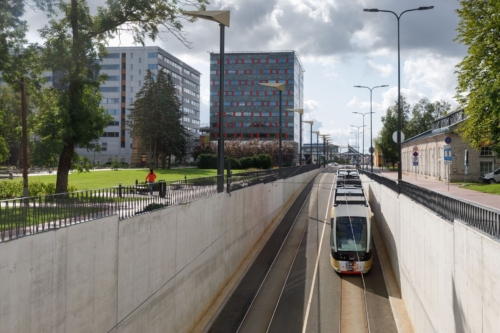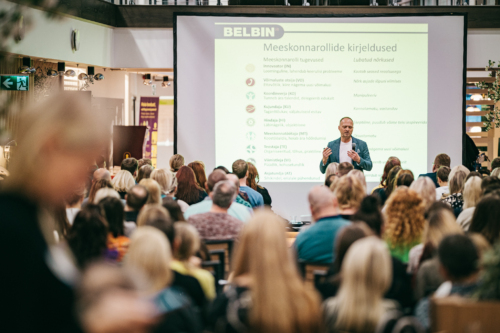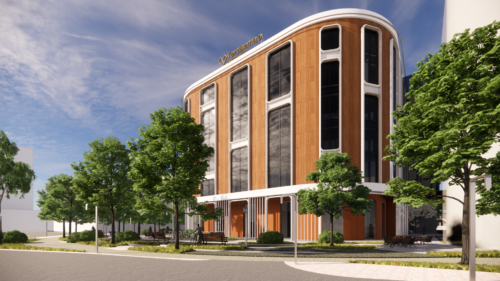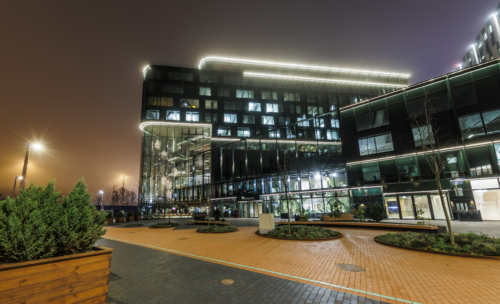Future City hackathon: what are the smart bus stops of the Future City like?
From October 23–25, TalTech Mektory and Ülemiste City organized a new City of the Future hackathon, during which the current and future challenges of Estonia’s largest cities were addressed.
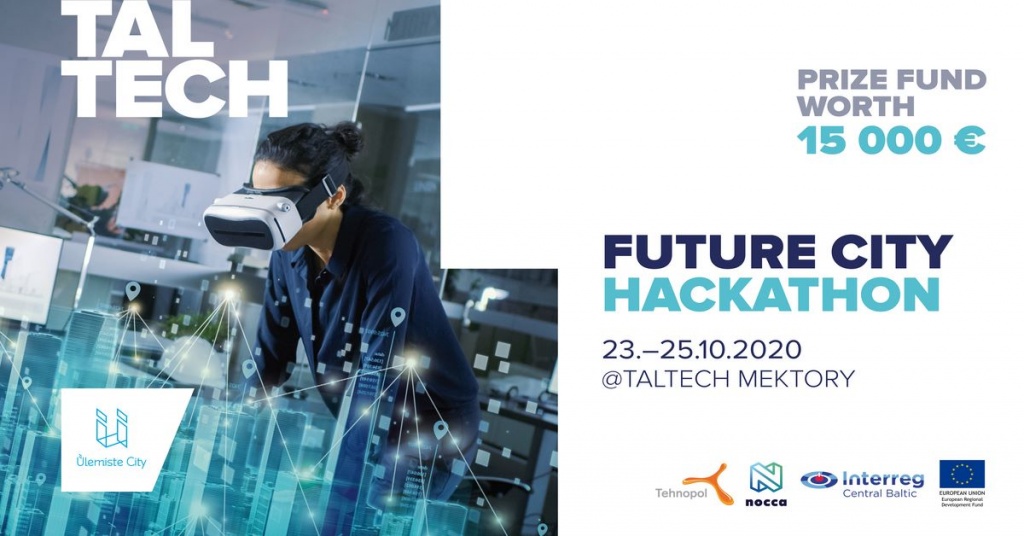
Hackathon may sound like a new word or phenomenon to some, so it can be explained as an agile method for solving problems and developing innovative ideas. Hackathons usually take place on weekends for 48 or 72 hours. The end product of a hackathon is always either a prototype or a product presentation.
The Future City hackathon was organized by the TalTech Mektory Startup Center. More than 100 students from twelve different educational institutions participated in the innovation hackathon, who worked as teams to develop 18 smart city solutions for the challenges of TalTech, Tehnopol and Ülemiste City. The challenges were grouped under three major themes: mobility, the circular economy and community.
The new Google Design Sprint method is being used at the hackathon
Google Design Sprint was used at the Future City hackathon to develop the ideas, within the framework of which all of the product development phases were completed in a few days, from defining the problem and validating an idea to prototyping and testings by users.
It can take months or even years to achieve the same result by using conventional techniques, but the design sprint squeezes it all into a few days.
For the first time, a different methodology was used to form teams. Usually, team building is left to the participants in hackathons, which in turn can mean unbalancing the competence of the teams. If there are three engineers in a team and no marketers, or vice versa, deficiencies may begin to emerge.
Sea containers, connecting platforms and smart bus stops
EUR 11,000 were handed out between the winning hackathon teams, and several special prizes were also awarded from the partners. First place (EUR 3000) went to the team Techway, which combined the campuses of TalTech and Tehnopol and the students and (start-up) companies operating in it, using a playful problem-solving method.
Two teams focusing on smart and human-friendly bus stops also received a special prize of EUR 1500 from the Ülo Pärnits Scholarship Fund awarded by Ülemiste City.
For example, SmartStop turns one cold and boring bus stop into a modular public space that offers people much more than a regular stop. The solution consists of modules that can be assembled according to the required functions, being arranged according to wind analysis, which makes the new stop more weatherproof.
The most complete version includes two renewable energy generators and a battery that collects energy; two screens: the first displays the news feed, and the second screen allows the person to see all the necessary information about the arriving buses.
Further models come with coffee and snack vending machines, optional Bolt scooter charging dock, Wi-Fi access, screen for business cards and job offers, wind turbines, USB ports for charging smart devices, as well as seating areas around the bus station.
‘Different crises have always been triggers of innovation. Smart companies and institutions are currently investing in innovation and the talent of the future. This is the only way to survive deepening crises (e.g. climate crisis, health crisis) in the future.
It was a pleasure to see that using a novel innovation sprint and team building system, several promising ideas emerged from the event, which we will continue to assist with various programmes and mentoring,’ commented Kaisa Hansen, Mektory’s Head of New Entrepreneurship & Startup Center Manager.
In addition to the awards, there were opportunities to try new programmes
The Hackathon also hosted several guests and inspirational speakers, including Ralf-Martin Soe (TalTech), Sandra Särav (Bolt), Kaisa Hansen (TalTech Mektory) and Katrin Sulg (Ülemiste City).
The developed solutions were evaluated by a panel of experts, which included Ragmar Saksing (Tehnopol), Kaisa Hansen (TalTech Mektory), Katrin Sulg and Ljudmila Pihel (Ülemiste City), Lev Dolgatsjov (ESTBAN), Toomas Türk (City of Tallinn), Hannes Virkus (Ajujaht), Jana Budkovskaja (Prototron) and Rain Kask (Telia).
Special awards were presented by Ajujaht, Prototron, Telia, Myfitness, UMA Workspace, Be More, Orkla, Tehnopol, ESTBAN, Latitude59, sTARTUp Day, Robotex, Comodule, Ösel Birch. In addition to the awards, the winners can look forward to attending growth and scaling workshops in Finland and Riga, and to an incubation programme taking place in Estonia in January.
